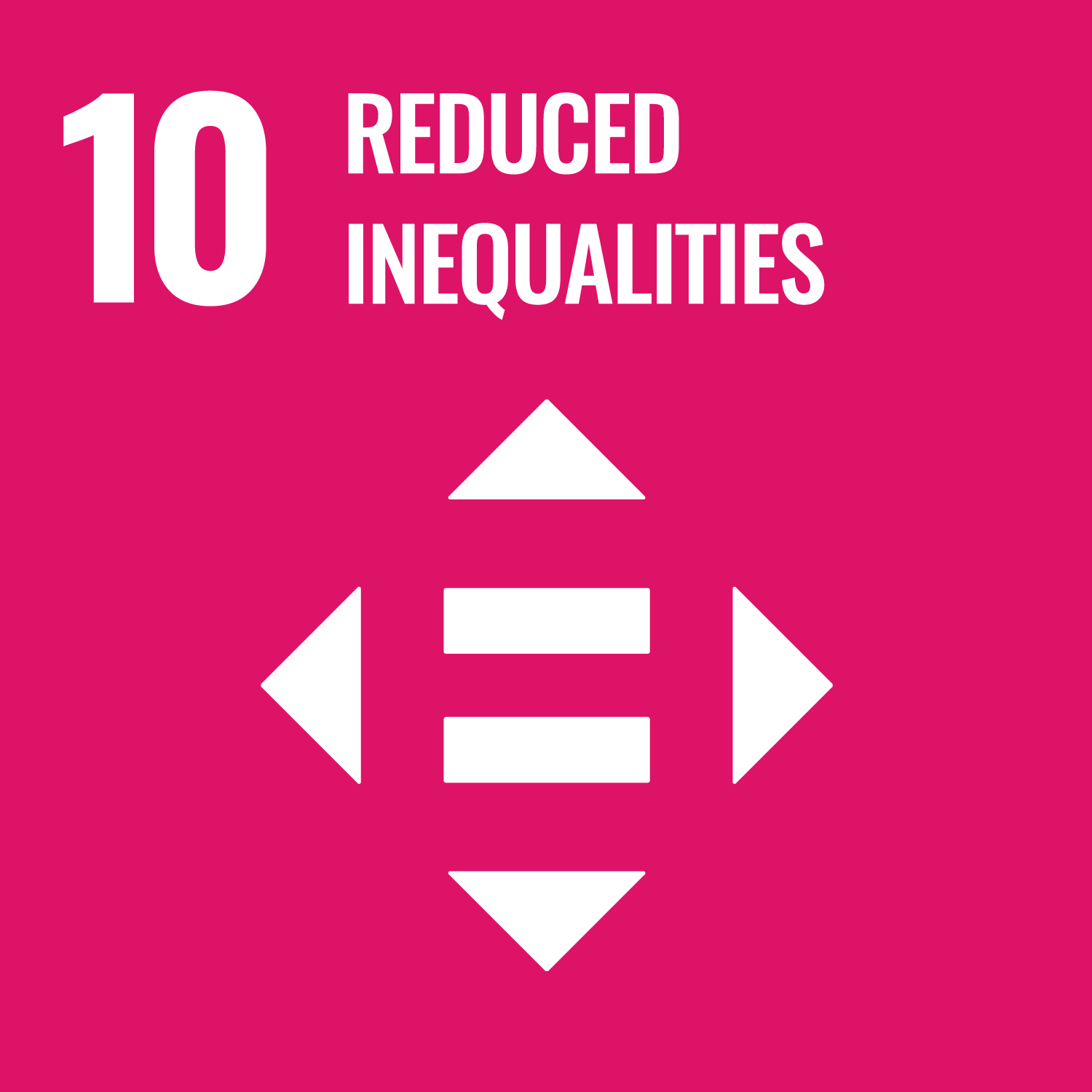Digital Skilling Accelerator in Colombia
Aligned SDGs


- Digital Skilling Accelerator in Colombia
- General overview
- Intervention
- Location
- Last data update
- Spreadsheet of data
- Digital Skilling Accelerator in Colombia
- General overview
- Intervention
- Location
- Last data update
- Spreadsheet of data
General overview
Stage of development: Final negotiations
Policy sectors: Employment and private sector development
Type of instrument: Payment-by-results (no pre-financing)
Delivery locations: Colombia
Country classification: Upper-middle-income
Intervention
Social or environmental challenge
In Colombia, 51% of the young people are Opportunity Youth (OY), defined as youth NEETs, or working informally. In Bogotá, the percentage of OY is 31.1%, in Cali 32.7%, and in Barranquilla 40.9%.
The digital sector in Colombia represents an extraordinary opportunity for the economic inclusion of OY, including women, migrants, and people with disabilities. The Fourth Industrial Revolution (4IR) has led to a rapid increase in opportunities demanding technology-based skills. The shortage of digital professionals in LATAM is 48% (PageGroup, 2021), and by 2025, Colombia's shortage will reach 162,000 jobs requiring IT-related skills. OY has the potential to bridge this gap by acquiring high-demanded skills required to succeed in the future of work.
Therefore, it is required to create and scale innovative pathways that provide access to high-quality, inclusive, and adequate skills training and job placement to OY while strengthening service providers to foster Tech talent gap closure.
Description of the intervention
INVERSOR/GOYN Bogota has identified a valuable opportunity to work with Outcomes Accelerator to address the growing demand for high-demanded Tech talent in Colombia. Our proposal is based on strengthening and scaling the services we have developed in the last two years and a half, extending them to new cities such as Cali and Barranquilla, with a focus on generating systemic change by (1) creating opportunities for Opportunity Youth (NEET) - OY, (2) improving the efficiency of the labor market, and (3) strengthening collective action. (1) QSD provides information and socio-occupational orientation on the highest-demanded Tech careers, foundational skills leveling, and comprehensive training and employment pathways to facilitate their access to formal labor markets. (2) QSD works closely with companies of the digital sector to promote inclusive employment practices and collaborate to strengthen training providers of short-term programs. (3) QSD promotes coordination among key stakeholders in the digital sector through the 4IR Working Group and a shared learning agenda with key decision and policymakers of youth and Tech-skilling programs and policies. The QSD goal is to foster collaboration between Tech talent's demand and supply actors.
Location
Country:
- Colombia
Locality:
- Colombia
Last data update
Data for this pipeline project was last updated in August 2024
You might have noticed that some pipeline projects have more data than others. This is because organisations can share as much data as they want with the INDIGO initiative. If you have more data on one of these pipeline projects and would like to share with us, please get in touch at indigo@bsg.ox.ac.uk. Our full list of variables and data definitions can be found here.
Spreadsheet of data
Important Notice and Disclaimer on INDIGO Data
INDIGO data are shared for research and policy analysis purposes. INDIGO data can be used to support a range of insights, for example, to understand the social outcomes that projects aim to improve, the network of organisations across projects, trends, scales, timelines and summary information. The collaborative system by which we collect, process, and share data is designed to advance data-sharing norms, harmonise data definitions and improve data use. These data are NOT shared for auditing, investment, or legal purposes. Please independently verify any data that you might use in decision making. We provide no guarantees or assurances as to the quality of these data. Data may be inaccurate, incomplete, inconsistent, and/or not current for various reasons: INDIGO is a collaborative and iterative initiative that mostly relies on projects all over the world volunteering to share their data. We have a system for processing information and try to attribute data to named sources, but we do not audit, cross-check, or verify all information provided to us. It takes time and resources to share data, which may not have been included in a project’s budget. Many of the projects are ongoing and timely updates may not be available. Different people may have different interpretations of data items and definitions. Even when data are high quality, interpretation or generalisation to different contexts may not be possible and/or requires additional information and/or expertise. Help us improve our data quality: email us at indigo@bsg.ox.ac.uk if you have data on new projects, changes or performance updates on current projects, clarifications or corrections on our data, and/or confidentiality or sensitivity notices. Please also give input via the INDIGO Data Definitions Improvement Tool and INDIGO Feedback Questionnaire.